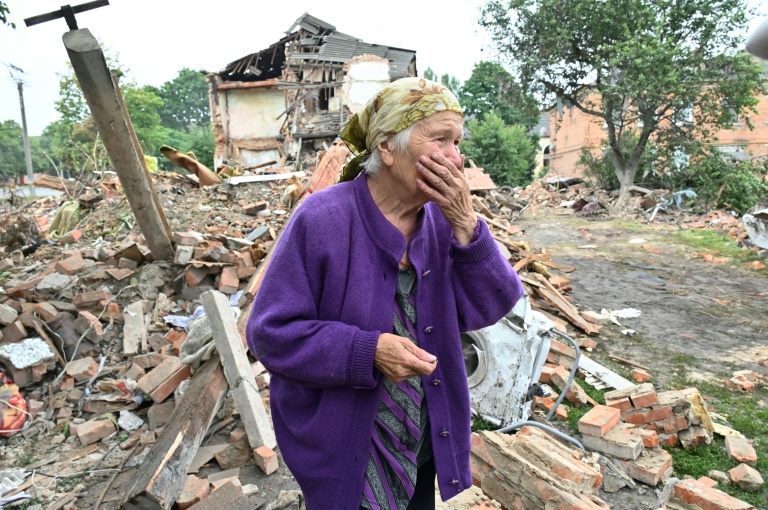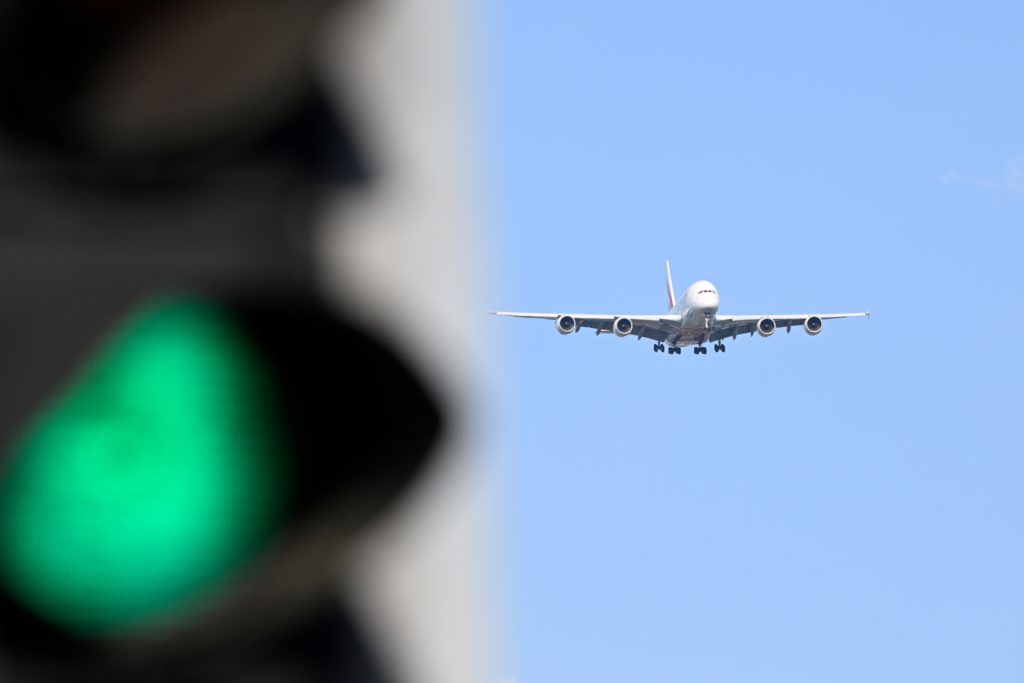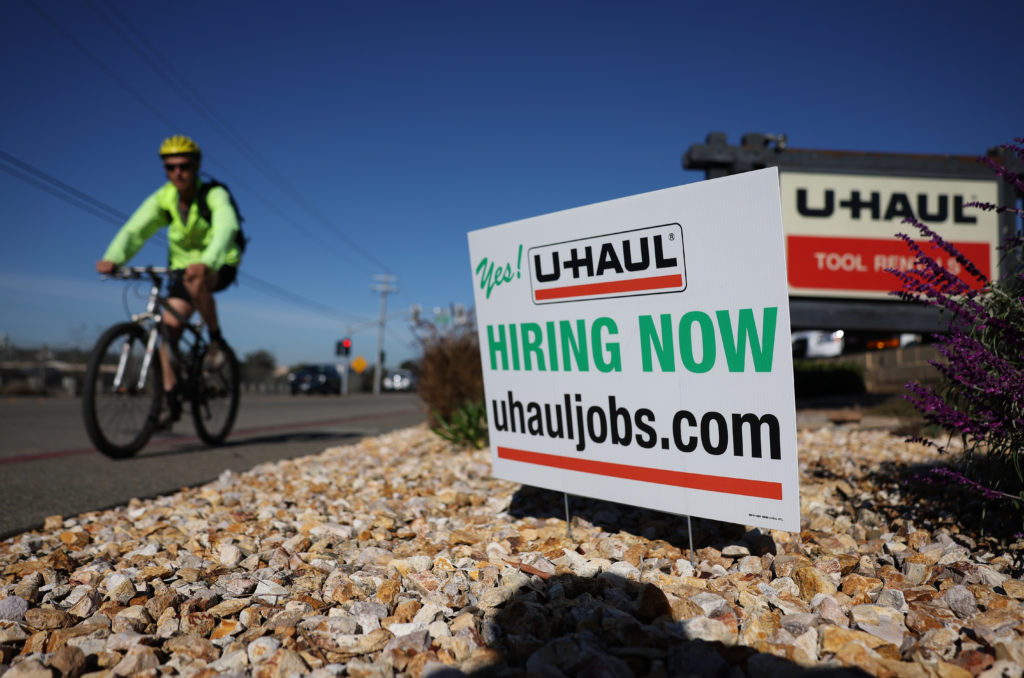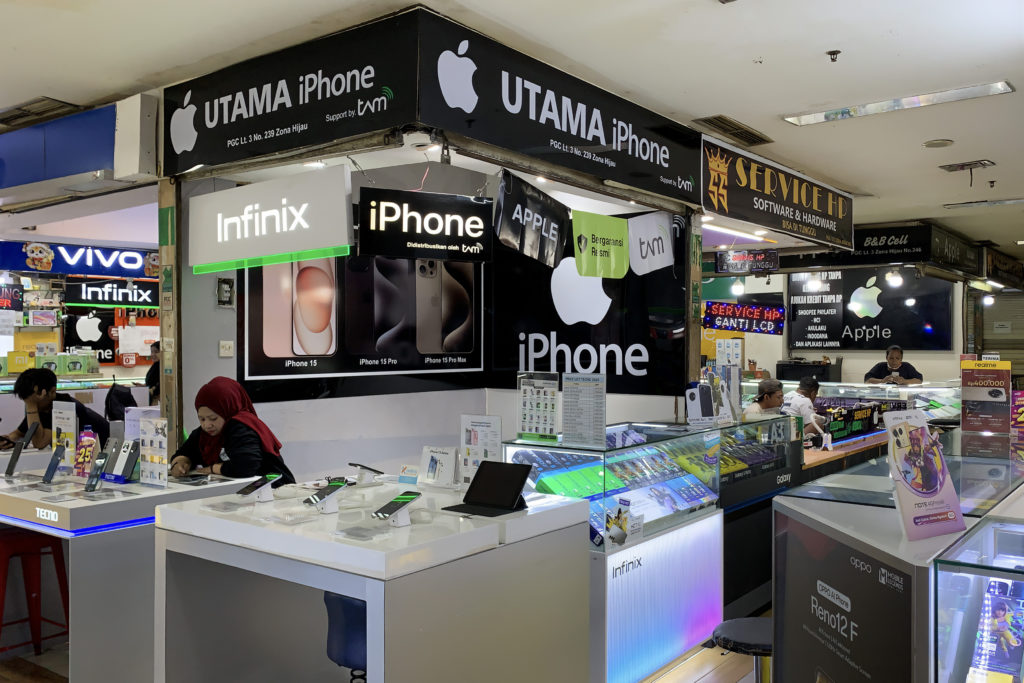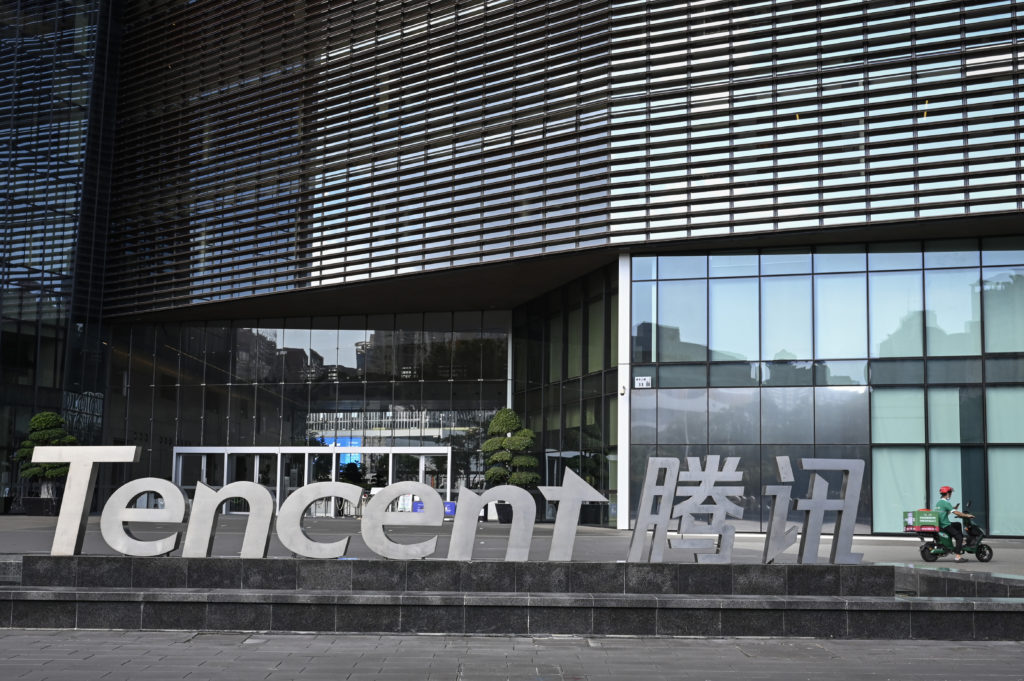The European Union will discuss tightening sanctions against Russia on Monday, as Moscow is accused of using the continent’s largest nuclear power plant to store weapons and launch missiles on the surrounding regions of southern Ukraine.
The situation at the captured Zaporizhzhia nuclear plant is “extremely tense”, Ukraine’s atomic energy agency chief Petro Kotin said, adding that the Russians had installed missile launchers and used the facility to shell the Dnipro region.
Describing “a deluge of fire”, regional governor Valentyn Reznichenko on Saturday said Grad missiles had pounded residential areas.
“Rescuers found two dead people under the ruins” in the riverside city of Nikopol, he said.
With the conflict grinding on and increasingly spilling out into global energy and food crises, the EU’s foreign ministers are considering banning gold purchases from Russia, which would align with sanctions already imposed by G7 partners.
More Russian figures could also be placed on the EU’s blacklist.
“Moscow must continue to pay a high price for its aggression,” European Commission President Ursula von der Leyen said after forwarding the proposed measures.
Brussels is expected to hold initial sanctions discussions Monday, but not make a same-day decision, according to a senior EU official.
– Stepping up attacks –
More than 20 weeks since Russia invaded its neighbour, killing thousands and displacing millions of Ukrainians, Moscow announced on Saturday that it would step up its military operations.
Minister Sergei Shoigu “gave the necessary instructions to further increase” military pressure, according to the Russian Defense Ministry.
The war-ravaged nation’s President Volodymyr Zelensky has already accused Russia of seeking to inflict maximum damage, but pledged that Ukraine would “endure”.
In his Saturday evening address, Zelensky said Ukraine has “withstood Russia’s brutal blows” and managed to take back some of the territory it lost since the start of the war, and will eventually recapture more occupied land.
“We will endure. We will win,” he said, and “rebuild our lives”.
While the heaviest fighting has continued to focus on the industrial Donbas region in the east, in the northeast near Ukraine’s second-largest city Kharkiv, the bombardments have been fast and hard in recent days.
A Russian missile attack killed three in the town of Chuguiv over the weekend and destroyed a residential house and a local school.
“Why me? Just because I was born in Ukraine?” asked resident Raiysa Kuval as she sat on the rubble.
“We were leaving peacefully, and they tore apart mother from father, child from mother, brother from sister… It’s unbearable.”
– Russia participation at G20 ‘absurd’ –
A two-day meeting of finance ministers from the Group of 20 major economies looked for solutions to the food and energy crises caused by the war but the gathering ended Saturday in Indonesia without a joint communique after the conflict divided the global forum.
The failure to issue a joint statement is expected to hinder coordinated efforts to address rising inflation and food shortages threatening to leave millions in developing nations at risk of hunger.
The failure to secure a joint communique came a week after Russian Foreign Minister Sergei Lavrov walked out of G20 talks in Bali over criticism of Moscow.
Canada blasted Moscow’s participation in the meeting at all as “absurd,” with Finance Minister Chrystia Freeland saying from Bali that Russia’s presence “was like inviting an arsonist to a meeting of firefighters.”
– ‘Clearing’ Donbas town –
In the embattled Donbas region, grinding trench battles and artillery duels have morphed into a war of attrition.
Moscow-backed separatists said Friday they were closing in on their next target, Siversk, after wresting control of sister cities Lysychansk and Severodonetsk about 30 kilometres (18 miles) to its east.
Donetsk separatist official Daniil Versonov said rebel fighters were “clearing” eastern districts of Siversk in small groups.
Hundreds of kilometres from the frontline, missile strikes caused heavy civilian casualties in the central city Vinnytsia, with the death toll raised to 24 on Saturday.
“Unfortunately, one woman died in hospital today, she was 85 percent burned,” said Sergei Borzov, the governor of Vinnytsia region, adding that 68 people were still receiving treatment, including four children.
In the face of international condemnation, the Russian Defense Ministry said it had targeted a meeting in Vinnytsia of the “command of the Ukrainian Air Force with representatives of foreign arms suppliers”.
But a senior U.S. defense official said on condition of anonymity that he had “no indication” there was a military target nearby.

